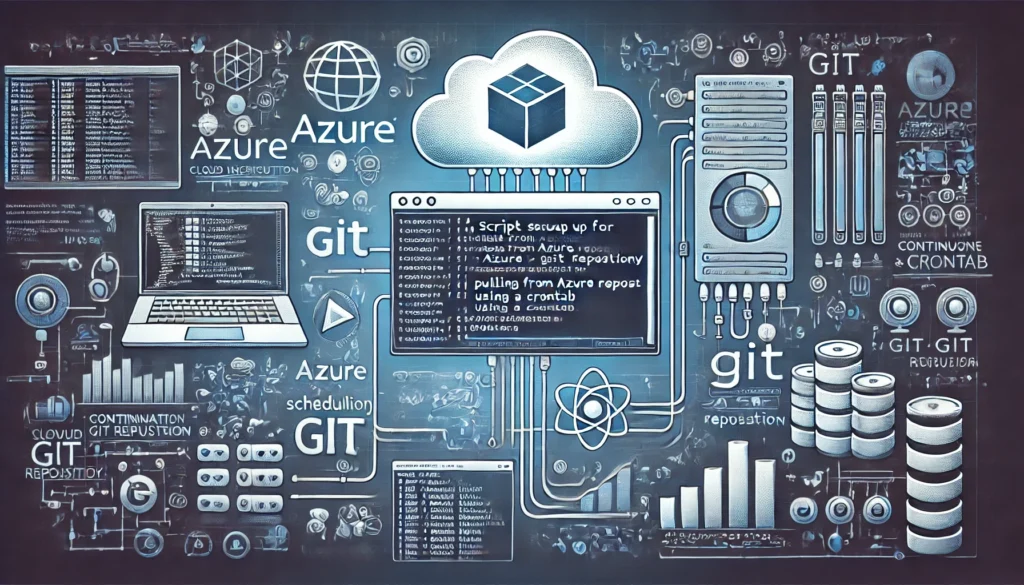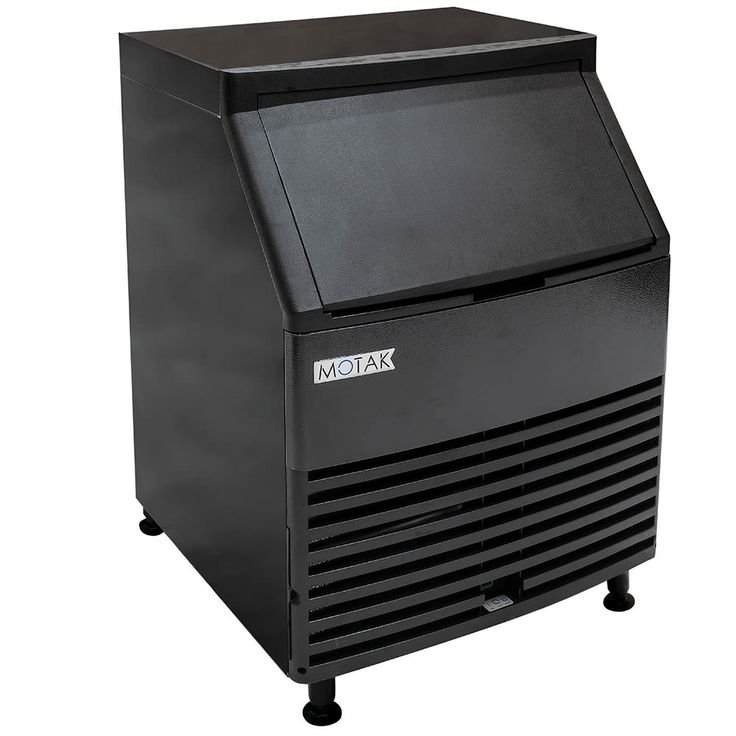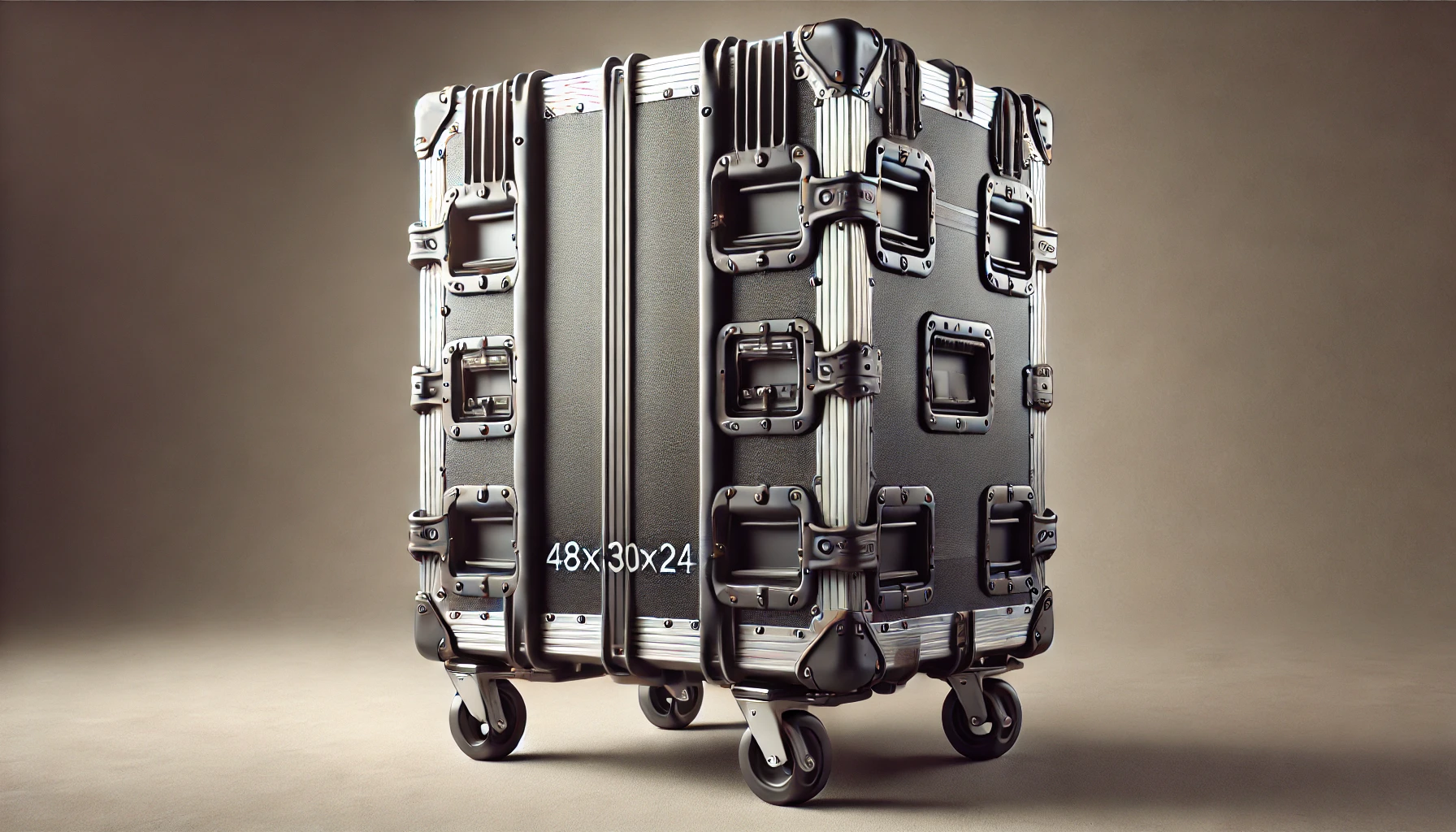If you’re juggling Azure projects and Git repositories, you’ve likely faced the same question: How can I automate pulling changes from a Git repo into Azure?
The answer is surprisingly simple: using a crontab script to run an automtiacll do azure git pull crontab script can save you from constant manual updates. No more missed pushes or outdated code.
In this guide, we’ll break down how to set this up without diving too deep into tech jargon. You’ll feel like you’re chatting with a friend who’s got your back in managing those tedious tasks.
Why Automating Git Pull with Crontab Matters
Imagine this: You’re working on a team project, and your colleague has just pushed some important updates to the repo. Instead of you having to pull manually every few hours to get the latest code, wouldn’t it be better to automate this?
By setting up a crontab script that does anautomtiacll do azure git pull crontab script, you’ll:
- Ensure your environment is always up-to-date
- Avoid missing critical updates
- Save time and focus on what really matters – coding
How to Set Up a Crontab Script for Git Pull in Azure
Now, let’s walk through how to set this up. It’s actually easier than it sounds, even if you’re new to the world of crontab scripts.

- Access your Azure VM or App Service
First, get into the environment where your code is deployed. Azure has a few different options, but let’s assume you’re on an Azure VM. - Navigate to the correct directory
Move to the directory where your Git repository is stored. This is important because the automtiacll do azure git pull crontab script command needs to be executed inside that directory to fetch updates.bashCopy codecd /path/to/your/repo - Edit your crontab
To automate the Git pull, we’ll add a new task to your crontab. Type the following command to open your crontab file for editing:Copy codecrontab -e - Add the Git pull command
Now, you need to tell crontab when to pull changes from your repository. Here’s a simple example of running a Git pull every hour:bashCopy code0 * * * * cd /path/to/your/repo && git pull origin mainThis script will run at the beginning of every hour, ensuring your code stays fresh. - Save and exit
Once you’ve added the script, save the file, and your automtiacll do Azure git pull crontab script is ready to go.
Real-Life Example: Automated Git Pull Saves the Day
Let’s say you’re managing a live web application hosted on Azure, and your dev team is constantly pushing updates to the main Git branch. Without automation, you’d be pulling manually all day long, trying to keep up with the changes.
By setting up an automtiacll do Azure git pull crontab script, your environment always stays in sync with the latest updates, even when you’re not at your desk. This eliminates the risk of deploying outdated code or missing vital changes.

Common FAQs on Automating Git Pulls in Azure
Q: Will automating a Git pull affect performance on my Azure server?
No, a Git pull doesn’t take much resource. As long as it’s set up at reasonable intervals (e.g., once per hour), your server will barely notice.
Q: Can I run this on App Service, or is it just for VMs?
Yes, this can work on Azure App Service too. You might need to adapt the crontab script slightly, but the principle remains the same.
Q: What happens if there’s a merge conflict when the Git pull runs automatically?
Great question! Automated Git pulls won’t handle merge conflicts for you. If a conflict arises, the pull will fail, and you’ll need to manually resolve it. So, keep an eye on your logs.
Q: Is there a way to get notifications if the Git pull fails?
Yes, you can integrate logging or notifications into your script. For example, you could use a service like Slack or email alerts to notify you when the pull fails.
Crontab Best Practices for Azure Git Automation
To make sure your automation runs smoothly, follow these simple tips:
- Keep an eye on your logs – Always log the output of your Git pull command, so you can track when something goes wrong.bashCopy code
0 * * * * cd /path/to/your/repo && automtiacll do azure git pull crontab script origin main >> /var/log/gitpull.log 2>&1 - Don’t over-schedule – Running a Git pull too often can cause unnecessary load on your server. Pulling every hour is typically more than enough.
- Test your setup – Don’t just assume it’s working. Run some manual tests, check the logs, and make sure your crontab is pulling correctly.
Why High Keyword Density Matters in Git Automation
Now, you might wonder: why is keyword density important when discussing an automtiacll do Azure git pull crontab script?
It’s simple – if someone’s searching for a way to automate Git pulls in Azure, they’re likely typing those exact keywords into Google. By naturally integrating those keywords throughout this article, we make it easier for them to find the exact solution they need.
It’s not just about repeating the words; it’s about making sure those keywords fit naturally into the flow of the conversation, like we’re doing here.
Wrapping Up: The Power of Automtiacll Do Azure Git Pull Crontab Script
Setting up an automtiacll do Azure git pull crontab script may seem technical at first glance, but once you dive in, it’s a game changer.
You’ll avoid the frustration of outdated code.
Your environment will always be in sync.
And you can focus on building cool stuff instead of worrying about Git pulls.
With this simple automation in place, you’re not just saving time – you’re boosting efficiency across your entire workflow.
The next time you wonder how to keep your Azure environment up to date, just remember: the solution is a few lines of crontab script away.
Final Thoughts: Automtiacll Do Azure Git Pull Crontab Script
By now, you’ve got a clear understanding of how to automate your Git pulls in Azure using a crontab script. You’ve learned the why, the how, and seen real-life examples of how this can save you time and headaches.
So, go ahead, try setting up your own automtiacll do Azure git pull crontab script today. You’ll be amazed at how much smoother your workflow becomes.












